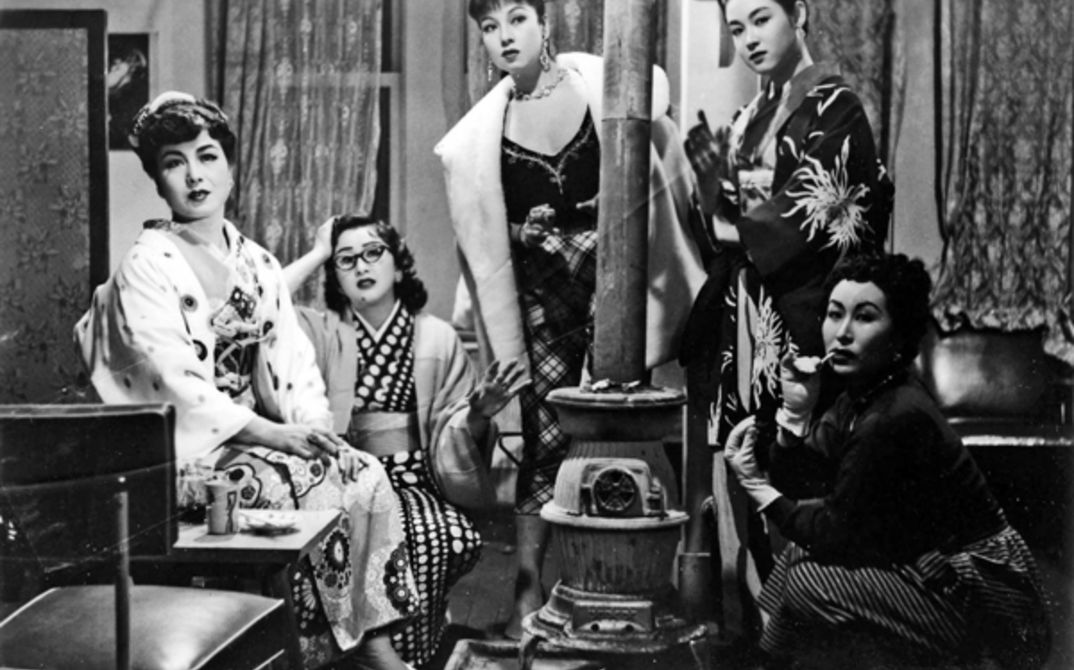In January, we pursue our Kenji Mizoguchi retrospective with nine more films, including some, which are – unjustifiably – less known, as well as works made during the Second World War and in the immediate post-war era. Up to 1945, the Japanese government maintained control over the film industry. After the war, the US occupiers promoted “de-mocracy” and “emancipation” through film. Mizoguchi, for his part, developed a radical and acute criticism of Japan’s rigid social conventions, its patriarchal structures, and the oppression of women early on in his career. However, the harshness and drama of some of the scenes in his post-war films are particularly striking – they are the eloquent expression of the profound uncertainty that prevailed in Japanese society.



